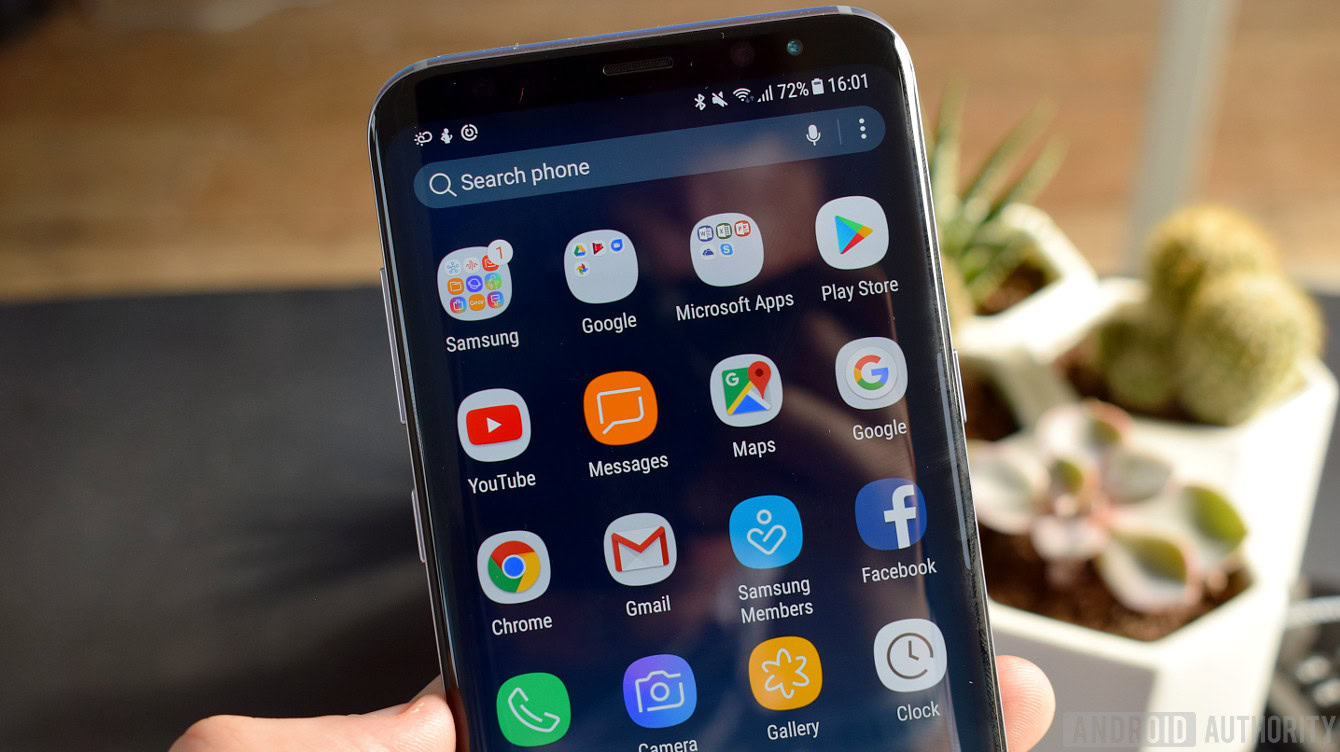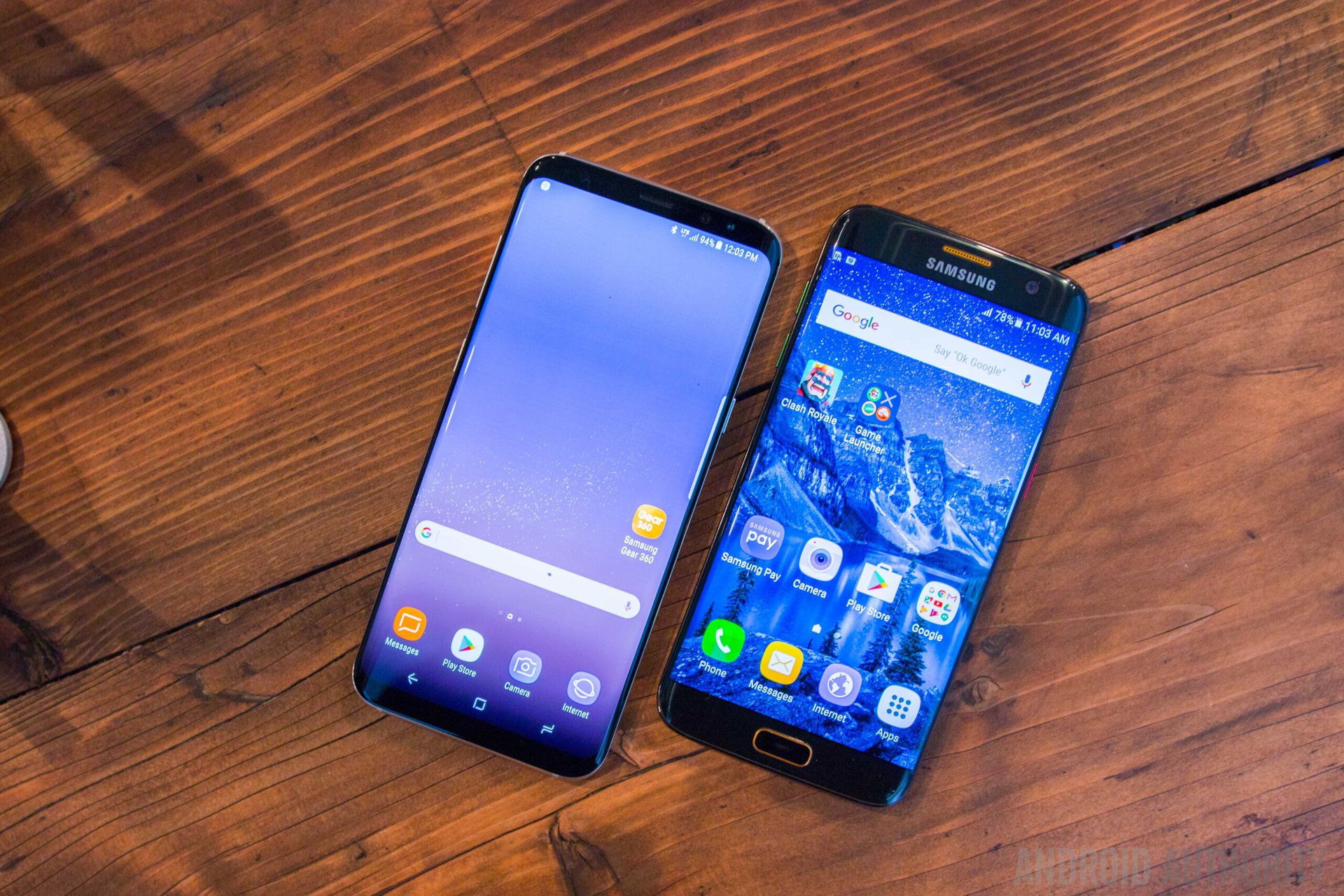Affiliate links on Android Authority may earn us a commission. Learn more.
Microsoft to sell customized Galaxy S8 and S8 Plus in its US retail stores

Microsoft is going to be selling an Android smartphone in its US retail stores. The company has confirmed it will offer the newly revealed Samsung Galaxy S8 and S8 Plus phones in those stores, with pre-orders to begin today.

According to a statement from Microsoft that was sent to Thurrott.com, the phones will be sold as special “Microsoft Editions”. The reason is that when you actually get the phone in the store, a rep will unbox it and connected to the store’s Wi-Fi network. Then the phone will be able to download a “best-in-class productivity experience with Microsoft applications such as Office, OneDrive, Cortana, Outlook and more”.
Microsoft previously signed a deal with Samsung in 2015 so that many of Microsoft’s Android apps could be pre-loaded onto Samsung’s Android devices. This new deal appears to be an extension of that deal, in that while the Galaxy S8 and S8 Plus will still be pre-loaded with a selection of Microsoft Android apps, the Wi-Fi network in the store will download additional apps not included in the pre-loaded agreement.
It’s not currently known if Microsoft will sell unlocked versions of the Galasy S8 and S8 Plus or if it will sell versions for specific wireless carriers in the US, similar to what Best Buy and other retailers offer. It’s also unknown if the Microsoft Store website will also be selling the phones.
This is a pretty huge change for Microsoft. While it has Android app pre-loading agreements with a number of device companies, this is the first time Microsoft will actually sell an Android phone in its over 100 US stores. It could be yet another move to distance itself from its own Windows 10 Mobile operating system, which is currently on life support in terms of new devices that will actually have the OS installed.